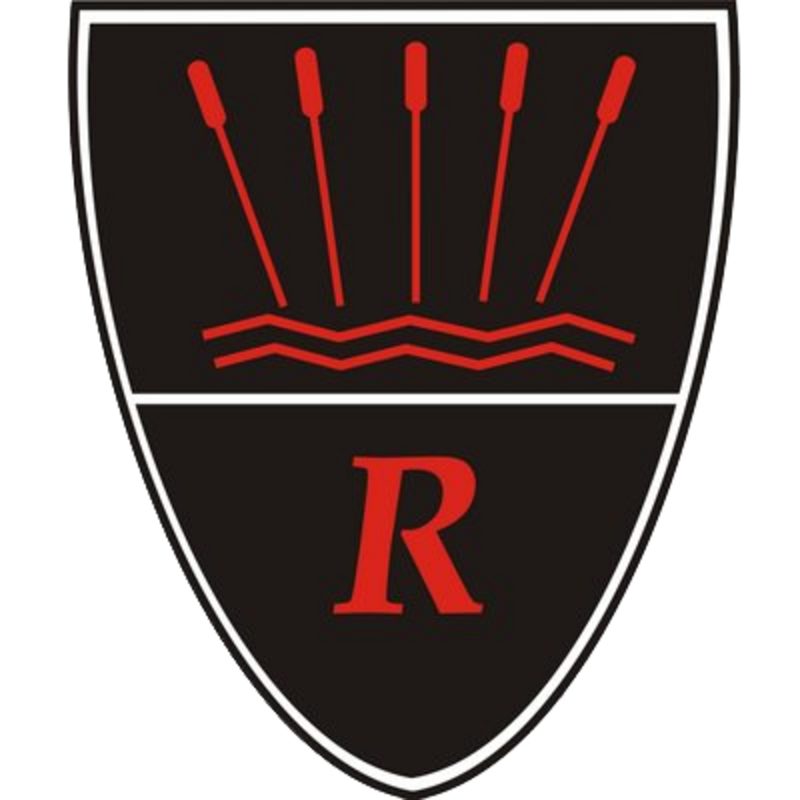
Course outline The Pearson Level 3 AAQ BTEC National in Early Childhood Development (Extended Certificate) is designed for students with an interest in Education and Early Years and aiming to progress to higher education as a route to graduate level employment. Equivalent to one A Level, this qualification is ideal for students seeking to enhance their applied knowledge and skills in Education and Child Development as part of their broader Level 3 study programme. The qualification has four mandatory units covering the following topics: Unit 1 - Children’s development. Externally assessed exam* Unit 2 - Keeping Children Safe. Externally assessed exam* Unit 3 - Play and Learning. Coursework – internally assessed Unit 4 - Research and Reflective Practice. Coursework – internally assessed. * Students can re-sit the examined units twice before they complete the qualification. External examinations are available in January and June. The 2 externally assessed units contribute in total 50% towards the final grade with the other 50% coming from the 2 internally assessed units. Lesson structure and expectations To make learning engaging, a variety of teaching methods will be used, including group work, class discussions, and independent research. Students will explore real-life case studies to make the subject more relevant. Lessons may involve note-taking, research tasks, retrieval practice, practical activities, and regular practice with past exam papers. Students will often have to consider the role of the Early Years Practitioner and the impact of current educational frameworks. Coursework will take different forms, such as reports, essays, academic posters, and PowerPoint presentations. Students will need to dedicate time to independent study outside of class. Key skills learners will develop include independent learning, effective research, presentation skills, and active group participation. Course requirements A grade 4 in English language and mathematics. A GCSE equivalent qualification in child development is desirable but not essential. Next steps Successful completion of this AAQ could lead to: Direct entry into employment or an apprenticeship within child care. Please note: this is not an ‘Early Years Educator’ qualification. Undergraduate study: Nursing – BSc (Hons) Adult Nursing, Nursing – Child – BSc (Hons) Teacher Training – Childhood and Early Years Studies BA (Hons) Social Work – BA (Hons) Social Work Psychology – Psychology BSc (Hons).
About Education Provider
| Region | East of England |
| Local Authority | Central Bedfordshire |
| Ofsted Rating | Good |
| Gender Type | Co-Educational |
| Address | Flitwick Road, Ampthill, Bedford, MK45 2NU |
Course outline The Pearson Level 3 AAQ BTEC National in Early Childhood Development (Extended Certificate) is designed for students with an interest in Education and Early Years and aiming to progress to higher education as a route to graduate level employment. Equivalent to one A Level, this qualification is ideal for students seeking to enhance their applied knowledge and skills in Education and Child Development as part of their broader Level 3 study programme. The qualification has four mandatory units covering the following topics: Unit 1 - Children’s development. Externally assessed exam* Unit 2 - Keeping Children Safe. Externally assessed exam* Unit 3 - Play and Learning. Coursework – internally assessed Unit 4 - Research and Reflective Practice. Coursework – internally assessed. * Students can re-sit the examined units twice before they complete the qualification. External examinations are available in January and June. The 2 externally assessed units contribute in total 50% towards the final grade with the other 50% coming from the 2 internally assessed units. Lesson structure and expectations To make learning engaging, a variety of teaching methods will be used, including group work, class discussions, and independent research. Students will explore real-life case studies to make the subject more relevant. Lessons may involve note-taking, research tasks, retrieval practice, practical activities, and regular practice with past exam papers. Students will often have to consider the role of the Early Years Practitioner and the impact of current educational frameworks. Coursework will take different forms, such as reports, essays, academic posters, and PowerPoint presentations. Students will need to dedicate time to independent study outside of class. Key skills learners will develop include independent learning, effective research, presentation skills, and active group participation. Course requirements A grade 4 in English language and mathematics. A GCSE equivalent qualification in child development is desirable but not essential. Next steps Successful completion of this AAQ could lead to: Direct entry into employment or an apprenticeship within child care. Please note: this is not an ‘Early Years Educator’ qualification. Undergraduate study: Nursing – BSc (Hons) Adult Nursing, Nursing – Child – BSc (Hons) Teacher Training – Childhood and Early Years Studies BA (Hons) Social Work – BA (Hons) Social Work Psychology – Psychology BSc (Hons).